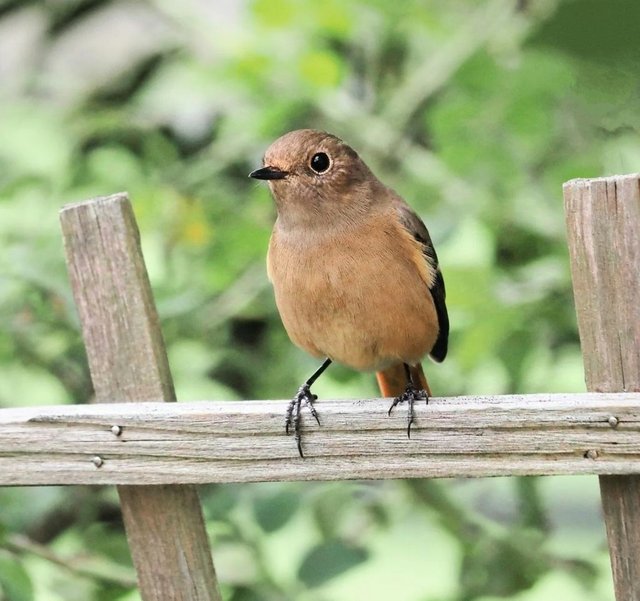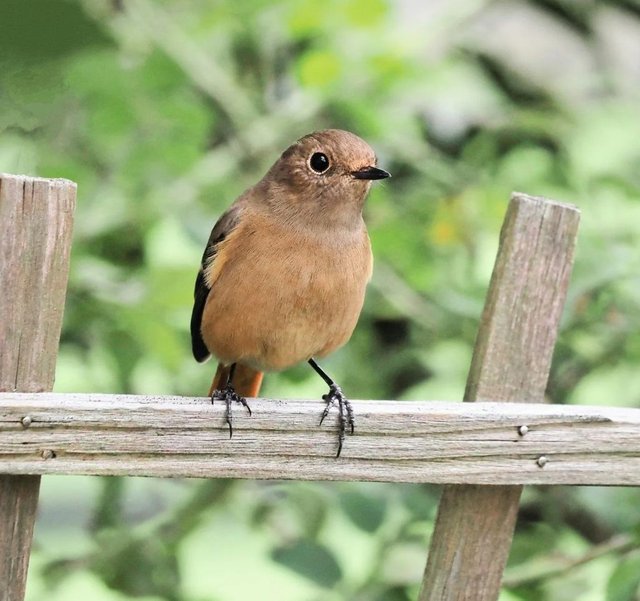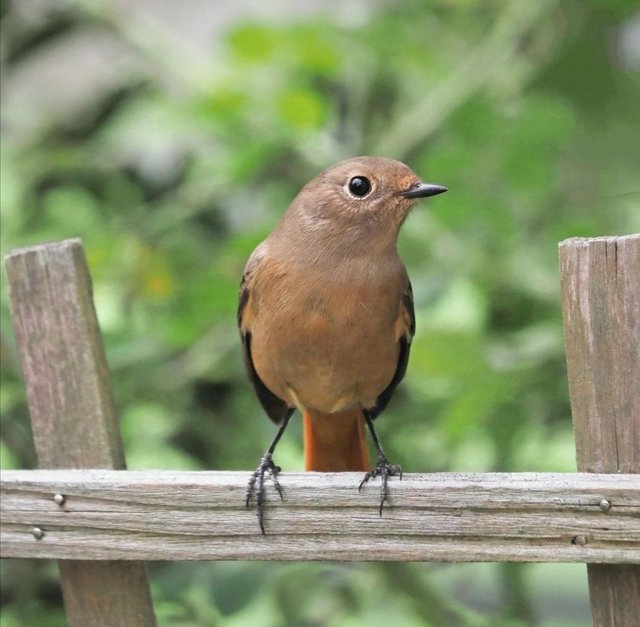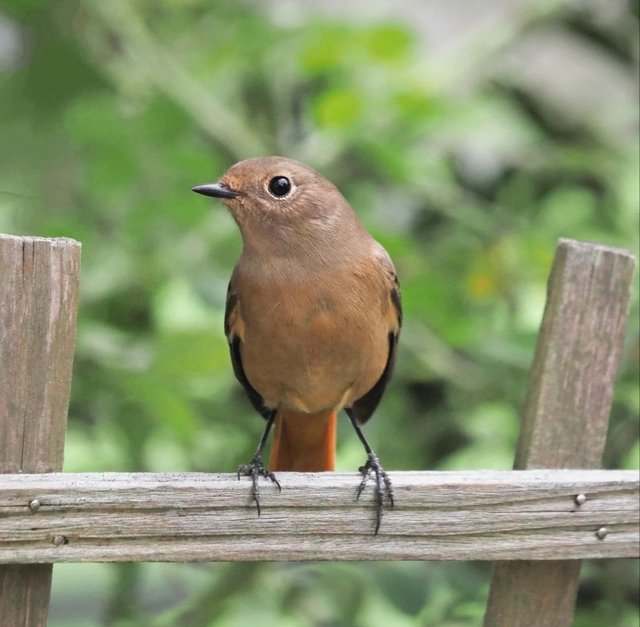The Daurian redstart is a small, strikingly beautiful bird found across East Asia, known for its vibrant colors and lively presence in both natural and urban habitats. Named after the Dauria region in eastern Siberia, this bird is admired for its energetic behavior, beautiful plumage, and significance in the ecosystems it inhabits.
Physical Description and Identification
Adult male Daurian redstarts are particularly eye-catching with their bright plumage. They have a striking combination of colors that make them easy to identify. The males typically feature a black face, throat, and upper chest, which contrasts with a white patch on the wings. Their back is a soft gray, and the underparts are a vivid orange-rust color, extending from the belly to the undertail. The females, while more subdued in color, are elegant with grayish-brown feathers and a similar white wing patch. Juveniles resemble females but often show a more mottled pattern.
One of the Daurian redstart’s defining features is its tail, which is bright orange with a distinctive black central patch. This color flashes prominently when the bird flies or flits about, catching the eye with its sudden bursts of color. This bright and contrasting coloration serves both as camouflage in their forested habitats and as a display to attract mates or establish territories.
Range and Habitat
The Daurian redstart is widely distributed across East Asia. Its breeding range extends from Siberia through Mongolia, eastern Russia, Korea, and Japan, to parts of northern and central China. During the winter months, the birds migrate south, where they can be seen in southern China, Taiwan, Southeast Asia, and even parts of the Indian subcontinent. In recent years, they’ve become increasingly common in urban parks and gardens, adapting well to human environments.
This bird favors open woodlands, forest edges, and shrubby areas near water during the breeding season. In winter, they are more flexible, inhabiting farmland, gardens, parks, and sometimes even urban areas, provided there is a reliable food source. Their adaptability to various habitats reflects their resilience and ability to thrive in diverse conditions.




Thanks For Reading
Device Information
| Device | cannon eos 600D |
|---|---|
| Lens | 55-250 zoom leans |
| Location | Myanmar |
